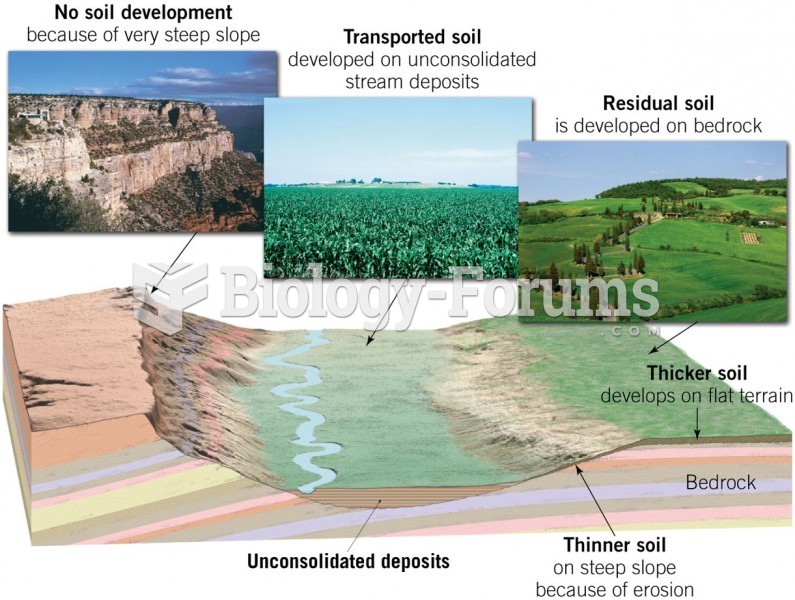Answer to Question 1
Answer: B
Explanation: A) Incorrect. Dependence is typical of the forming stage of team development.
B) Correct. This occurs because team members begin to take sides on issues, to find that they are more compatible with some team members than others, and to align themselves
with certain points of view.
C) Incorrect. Conformity is typical of the norming stage of team development.
D) Incorrect. Unconditional commitment is typical of the performing stage of team development.
Answer to Question 2
Answer: A
Explanation: A) Correct. One of the characteristics of the storming stage is that the norms and values of the team may be questioned. Rather than being stifled or resisted, effective teams encourage members to turn those challenges into constructive suggestions for improvement.
B) Incorrect. Encouraging blind obedience may foster resentment and negative emotion in team members. During the storming stage it is sometimes common that the norms and values of the team may be questioned. Rather than being stifled or resisted, effective teams encourage members to turn those challenges into constructive suggestions for improvement.
C) Incorrect. Ignoring disagreements does not make them go away. During the storming stage it is sometimes common that the norms and values of the team may be questioned. Rather than being stifled or resisted, effective teams encourage members to turn those challenges into constructive suggestions for improvement.
D) Incorrect. Goals, procedures, rules, and expectations were solidified during the first two stages of team development. This is likely occurring during the storming stage, when it is sometimes common that the norms and values of the team are questioned. Rather than being stifled or resisted, effective teams encourage members to turn those challenges into constructive suggestions for improvement.







